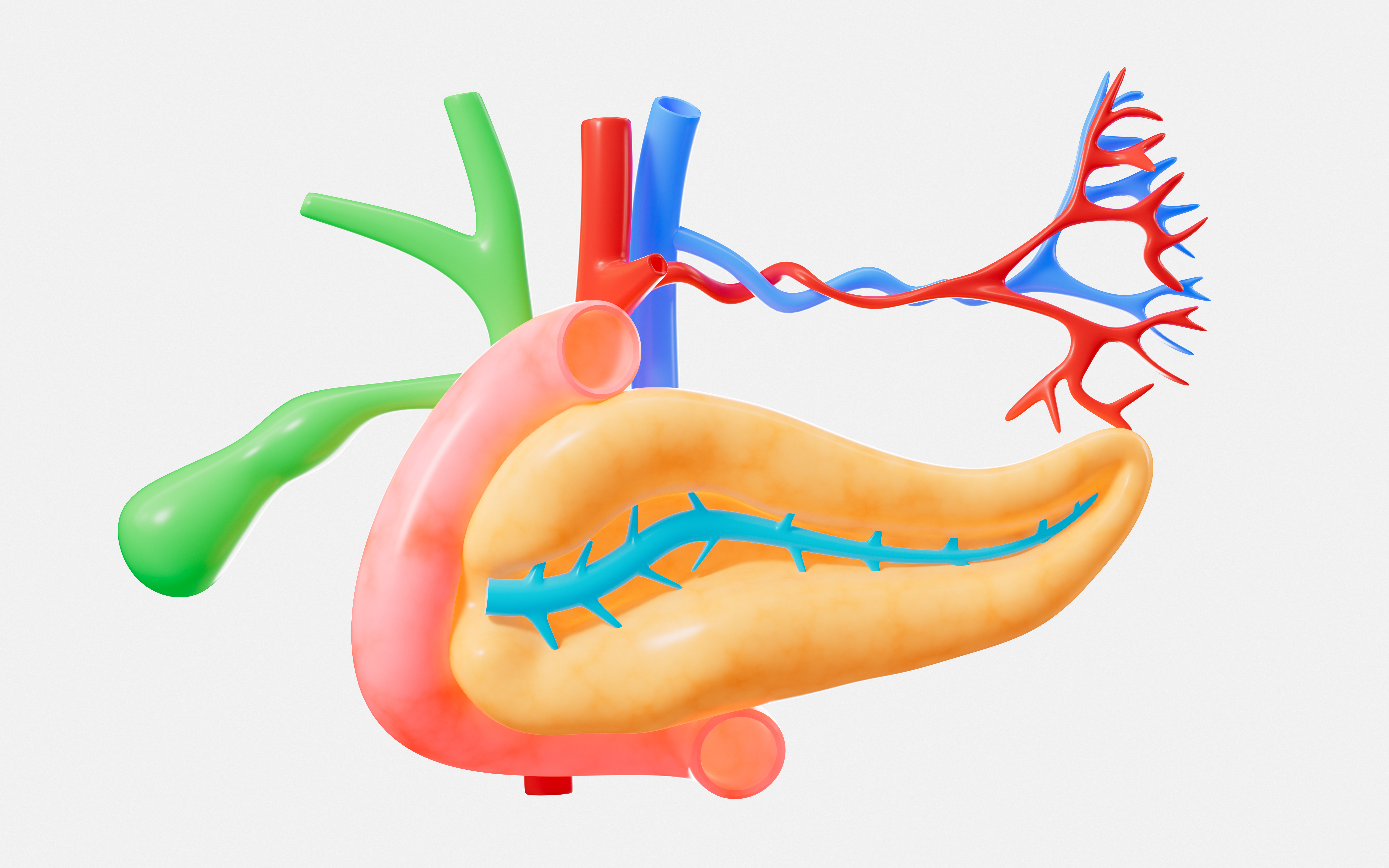Researchers at Cincinnati Children’s Hospital Medical Center have developed functional 3D intestinal organoids from human pluripotent stem cells. This study represents a significant advancement in organoid research within the field of regenerative medicine. The research team successfully transplanted these organoids into rodents with intestinal damage, effectively repairing the damaged tissue. This research offers potential treatment options for patients with severe intestinal damage caused by conditions such as Crohn’s disease or ulcerative colitis, and is considered a step closer to applying organoid-based therapies in clinical settings.
Furthermore, the team developed a sustainable rodent model, demonstrating that these organoids integrate well with the damaged intestinal tissue and successfully restore critical functions such as nutrient absorption. This study showcases the potential to generate organoids from a patient’s own cells for personalized treatment, enabling patient-specific therapies without relying on animal experiments.
Organoid-based therapies have the potential to bring about revolutionary changes in the treatment of intestinal diseases. In the future, this approach could allow for the cultivation of organoids from a patient’s own cells, replacing traditional organ transplants and minimizing the risk of rejection. This research not only opens up possibilities for various regenerative therapies using laboratory-regenerated tissues but also presents cost-effective and scalable treatment options. Additionally, it offers a more ethical alternative that can reduce reliance on animal models and strengthen patient-specific treatment approaches.
Cell Stem Cell, Dr. Magdalena Kasendra, Cincinnati Children’s Center for Stem Cell & Organoid Medicine (CuSTOM), USA



